Plants or Crops
All Plants or Crops Content
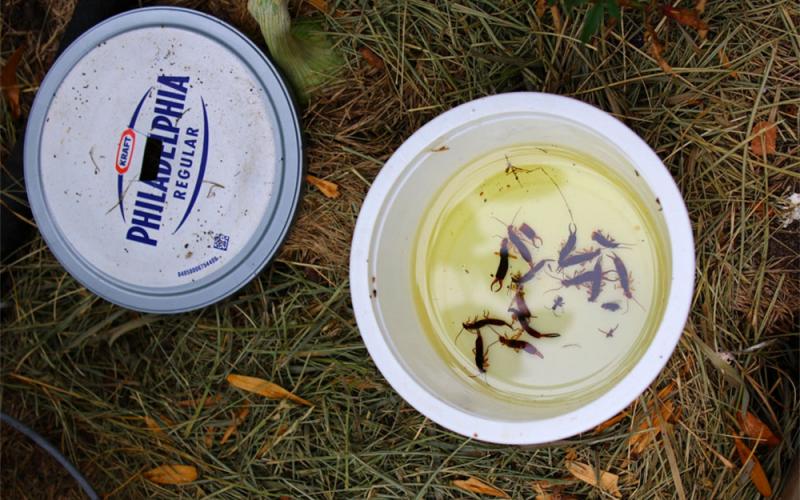
Earwigs in the Garden: Less-Toxic Control Alternative
Since earwigs provide some ecological service as natural enemies, I hesitate to recommend a pesticide application to control it. As an alternative least-toxic solution, bait trapping the earwigs should work to reduce the insect’s population to the non-threatening levels.
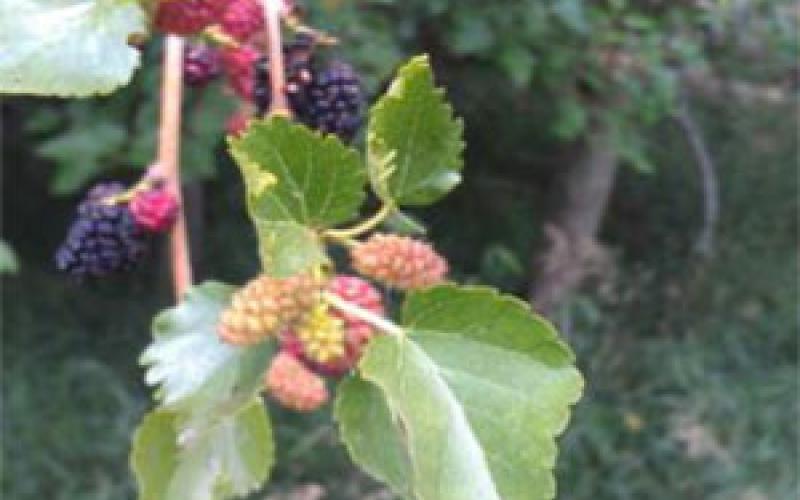
Mulberry Trees
Every year about this time I received a few samples of mulberry trees. This is a very common tree in South Dakota, not so much from being planted by people but from birds.
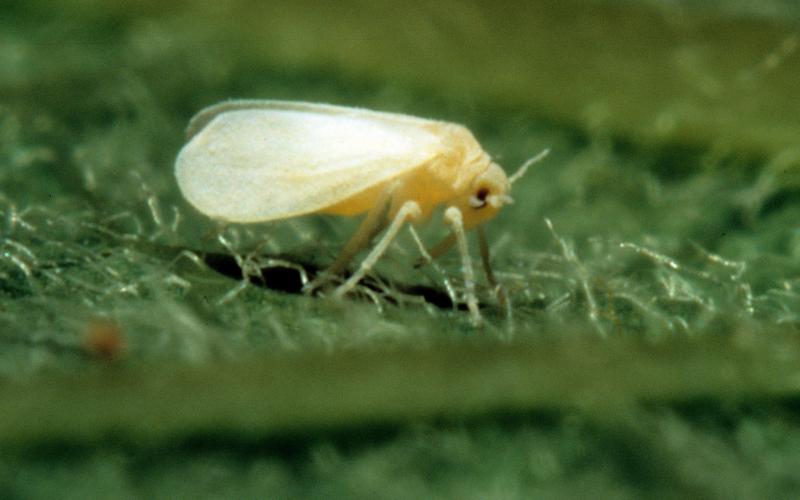
Biological Control of Pests in High Tunnels
Major insect and mite pests in high tunnels include aphids, thrips, white flies, and spider mites. Biological control uses living organisms (natural enemies) to suppress or limit pest populations to levels that do not cause economic injury to the crop.

Healthy Seeds Make Healthy Plants
Saving seeds is a fun and economical way to produce plants for the next year. There are concerns however when saving seeds about seed-borne diseases.
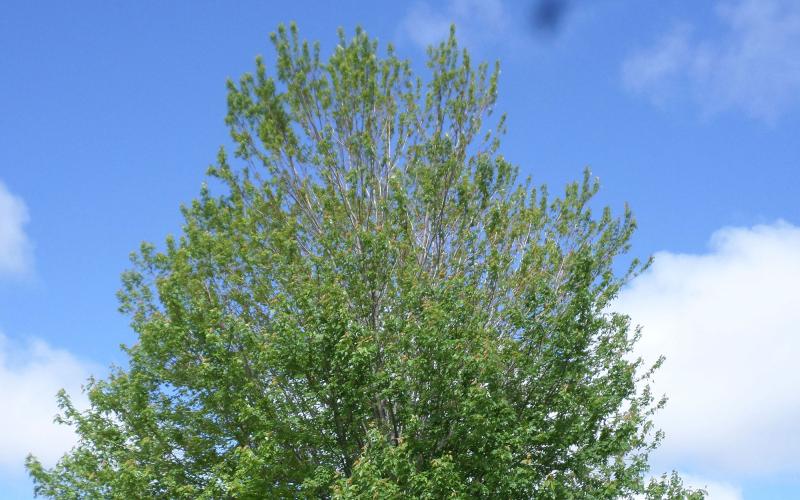
Maple Trees Looking Thin at This Time
Many of our maple trees are looking thinner at the tips of their canopies. The foliage in the lower, interior of these trees is dense, but when you look up at the tops, the leaves appear fewer and there are noticeable gaps at the base of the new shoot.
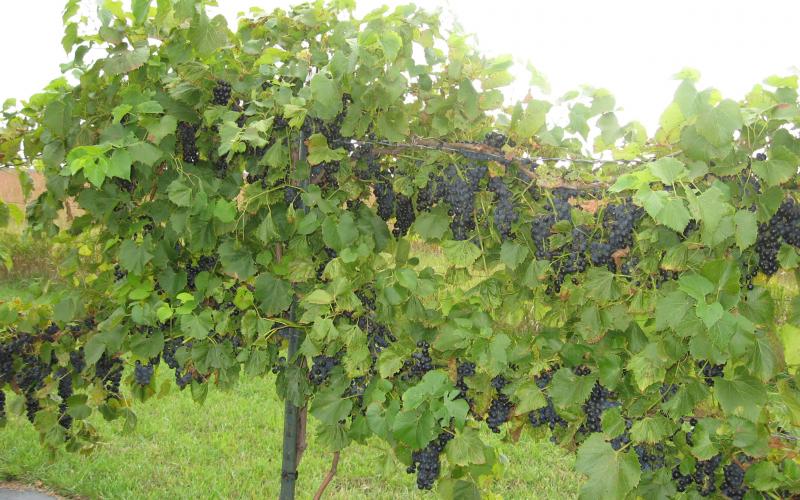
Grapes for Your Garden
Grapes in the Dakotas? Given an appropriate growing site and care, grape vines can last for decades or more in our climate thanks to the efforts of grape breeders over the past thirty years.
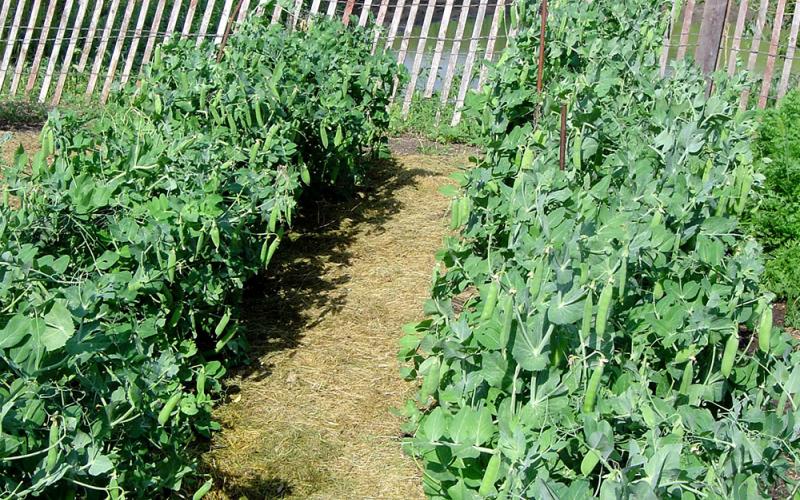
Garden Peas
Peas are one of the first vegetables to be planted in the spring, as they enjoy cooler weather.

Lilacs Are Looking Good This Spring
Lilacs are one of those plants whose lovely flower clusters and sweet fragrance are anticipated by gardeners in many parts of the world, but especially in the colder regions of the United States, Europe and Asia.
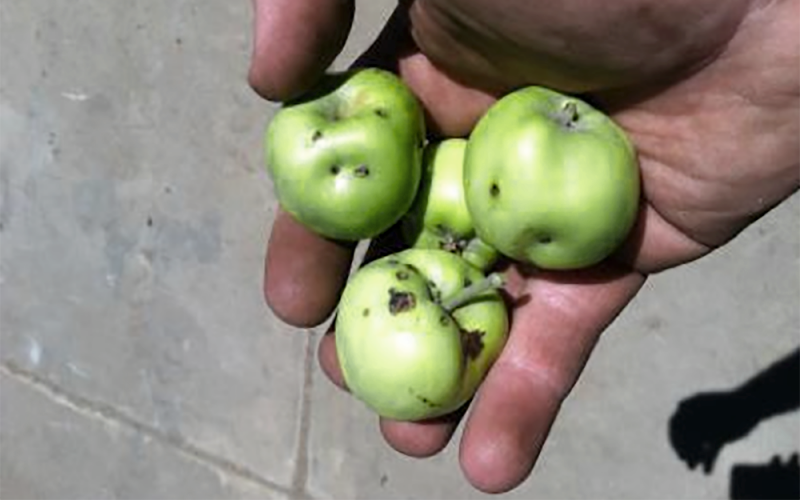
Apple Issues
Learn to identify and manage common apple tree issues including: apple maggot injury, apple scab, cedar apple rust, and fruit cracking.

Asparagus is In-Season
Asparagus is a favorite vegetable of many people who cultivate it in their gardens.